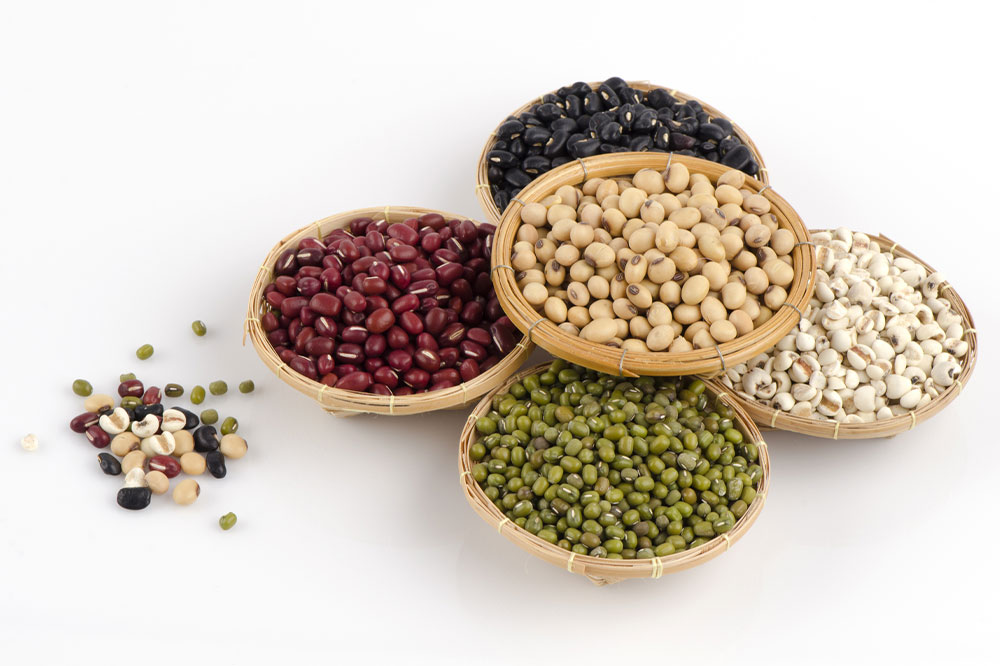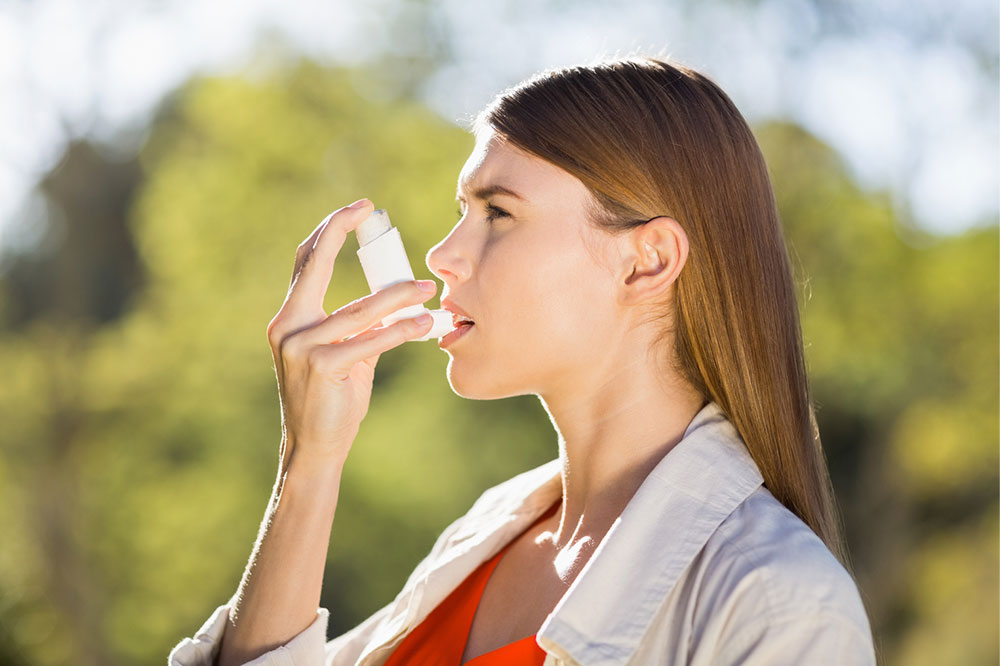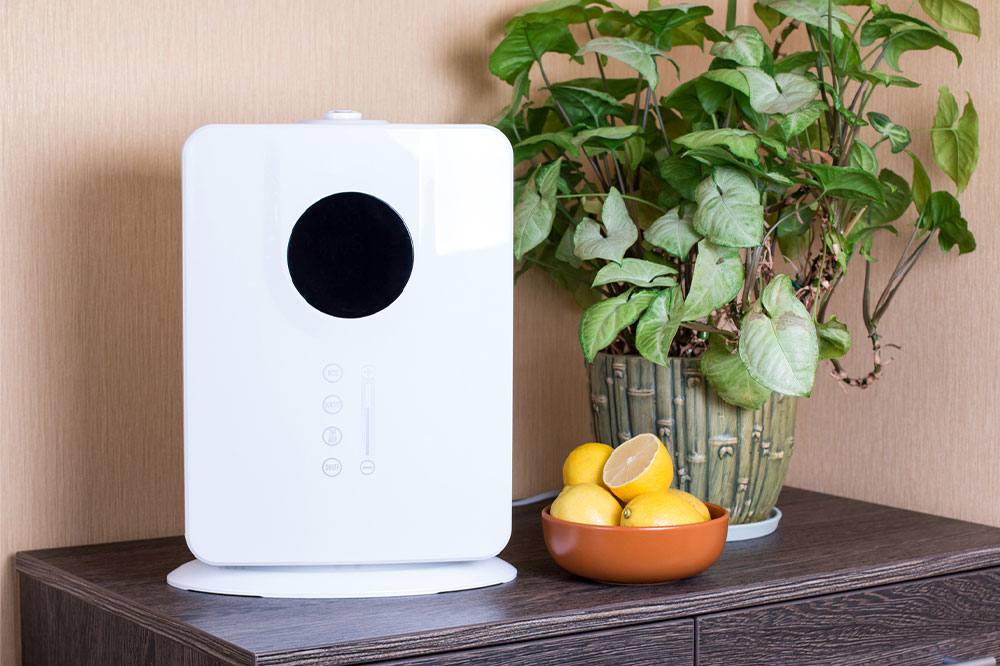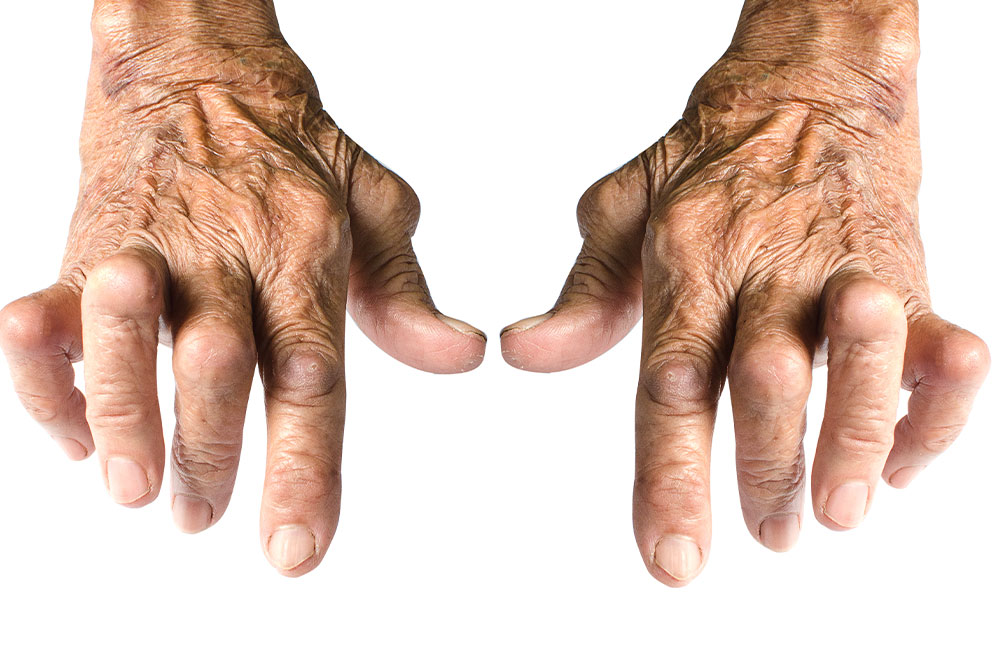Avoid these foods to lower the risk of colon cancer

Colon cancer is the mutation of healthy cells in the colon (commonly known as the large intestine). This organ is responsible for processing the byproducts of foods. When cancer develops in this organ, it can damage healthy cells on the lining of the colon, thus affecting its ability to process waste. Colon cancer can be best managed with prescriptions, treatments, healthy lifestyle suggestions, and daily changes in nutrition Following are the foods to avoid and prevent flare-ups.
Processed meats
Meats are a rich source of proteins. However, most store-bought meats are high in saturated and trans fats. Also, precut meats are laced with preservatives and additives to improve their shelf life. While these meats may taste good, cooking them on a high flame releases harmful substances that increase the risk of colon cancer. So, it is better to avoid red meats like beef, pork, lamb and most cuts of deli meats like sausages, ham, and bacon. It is advisable to switch to lean cuts of meats like turkey, chicken, and seafood rich in proteins instead of processed meats for regular consumption.
Foods rich in fat
One must understand the difference between good fats and artificial fats. Most foods like chips, dressings, syrups, baked goods, and confectionaries bought off the shelves in the supermarket are laced with saturated, trans, and processed fats that only add flavor to the product. There is no nutritional gain from such foods. Most types of preservatives used in packaged foods might even be carcinogenic and contain per-fluorinated chemicals that increase the risk of cancer. Moreover, fatty foods can put pressure on the digestive system and trigger flare-ups during ongoing colon cancer treatment.
Simple carbohydrates
Foods consumed daily are made from refined simple carbohydrates, and the digestive system quickly processes these foods. Sugar is one of the primary examples of simple carbohydrates that adds no nutritional gain and can potentially spike blood glucose levels triggering a metabolic imbalance. Desserts, sweets, candies, and even fizzy drinks are all unhealthy sources of sugar that should be eliminated from daily foods. With colon cancer, doctors recommend switching to complex carbohydrates that can be digested slowly by the body without putting pressure on the gastrointestinal tract.
Fibrous vegetables and whole grains
Diarrhea is one of the more common symptoms linked to many diverse types of cancer. So, nutritionists advise eliminating fiber-rich foods and vegetables that are easily digested. Vegetables with their skin on, raw seeds, beets, broccoli, cabbage, brussels sprouts, corn, beans, and legumes are not suitable for consumption during colon cancer treatment. Whole grains like barley, oats, quinoa, brown rice, and rye also contain soluble fibers that are digested quickly by the body. Soluble fibers mainly increase the risk of diarrhea.
Dairy products
Dairy products like milk, cheese, and yogurt should be avoided during colon cancer treatment. There is a good chance the digestive system will not be able to break down the proteins and fats from dairy. During recovery, consumption may trigger unwanted symptoms like nausea, vomiting, and bloating. Doctors suggest reintroducing dairy gradually only if there are no flare-ups. It is also advisable to consult with the doctor to understand if soy and almond milk substitutes are acceptable choices.
Caffeine
Caffeine is a stimulant beverage that triggers hyperactive metabolic responses that are bad for managing colon cancer. It is known to aggravate symptoms like nausea and vomiting, among other discomforts experienced with cancer. Drinking coffee and caffeinated beverages regularly increases the production of stomach acid, leading to acid reflux or heartburn. Also, caffeine is a stimulant that increases the risk of associated health complications like insomnia, one of the known side effects of chemotherapy for treating cancer.
Eating right will only help prevent flare-ups triggered by colon cancer but cannot cure the condition. At best nutritional changes can improve quality of life in the long run.




